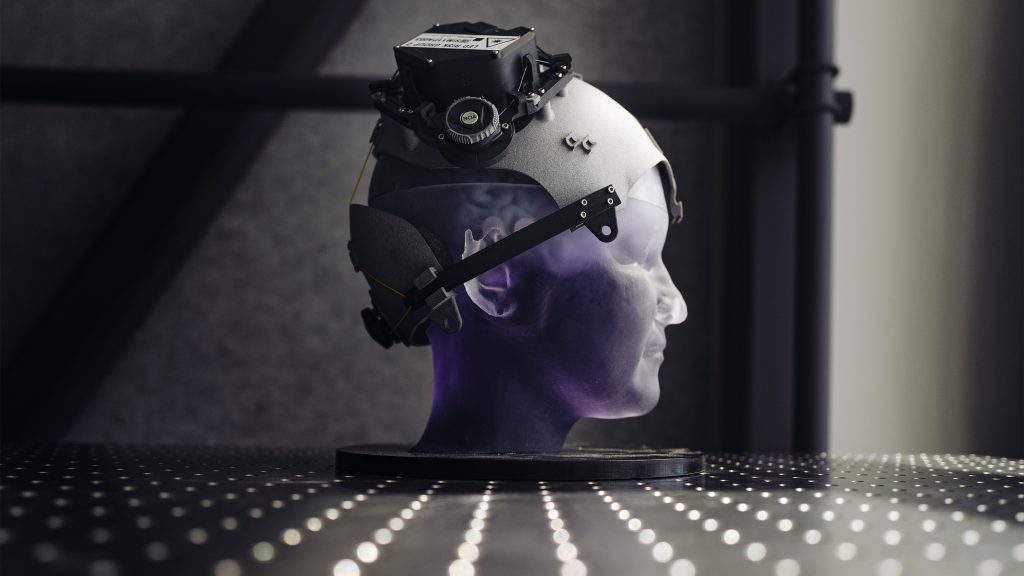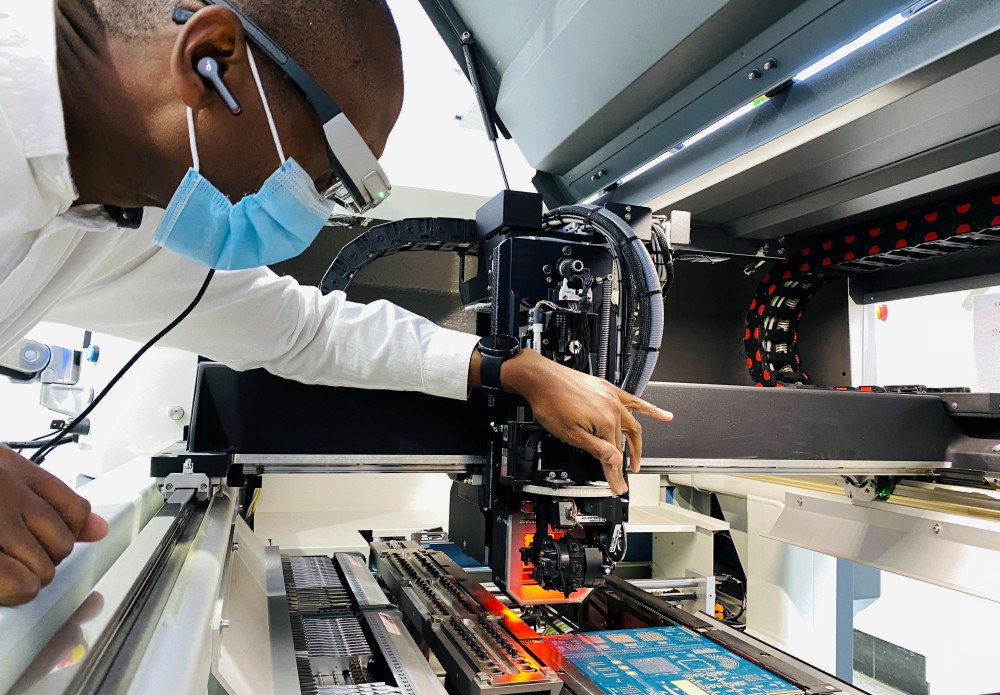The human mind is the power of thought, a ceaseless factory, producing a constant stream of consciousness even when we sleep. Despite thousands of years of pondering and research, the exact nature of the view and how it arises remains a mystery.
One researcher said, “No matter how deeply you look into a brain, you’ll never find a thought. You can’t touch or measure thought.” Our thoughts, abstract as they may be, have shaped our history and our reality. They drive our most significant inventions and achievements, from rockets and the internet to artificial intelligence. Yet, the question remains: How does our brain, a complex organ of water, protein, fat, vitamins, and cholesterol, produce these thoughts?
Historically, theories about the origin of thoughts have evolved alongside our understanding of the world. Ancient Egyptians believed thoughts came from the heart, while Ancient Greeks attributed them to glands. As our world became more mechanized, the idea of an inner machine producing our thoughts took shape. In the age of electronic circuits, thoughts were likened to electrical discharges, and now, in the era of artificial intelligence, we tend to view thoughts as products of our neural networks.
However, thoughts are more than just products of our brain’s activity. Patterns come and go, and their existence seems tied to the brain’s matter. This connection suggests a fascinating possibility: our thoughts might not only be influenced by our brain’s matter but could also affect it.
The Power of Thought in Health and Well-being
This concept is supported by the fact that our brain’s structure changes based on our thoughts. The more we use specific neural pathways, the stronger they become, and new ways can be created or old ones dismantled based on our thought patterns.
The power of our thoughts extends beyond our brains. They can affect our body chemistry, with different types of ideas releasing various neurotransmitters. Positive reviews, for example, release dopamine or serotonin, while negative thoughts or stress release noradrenaline or adrenaline. This connection between our thoughts and body chemistry suggests that our thoughts could potentially unlock our inner medicine cabinet.
The placebo effect is a prime example of the power of thought. When we believe in the effectiveness of a placebo, our brain releases substances that can alleviate symptoms or improve our mood. This effect is so powerful that it can even mimic the effects of actual medications or treatments. However, the mechanisms behind the placebo effect are still not fully understood.
Many factors influence our thoughts, and most of them pass through our minds unconsciously. However, research suggests that we can harness the power of our thoughts and use them to our advantage. Techniques like mindfulness and visualization can help us control our thoughts and direct our energy toward positive outcomes.
In technology, the power of thought has been harnessed to create brain-machine interfaces. These devices can decode the electrical signals in our brains and convert them into digital commands, allowing us to control machines with our thoughts. While this technology is still in its early stages, it holds immense potential for the future.
The power of thought is an extraordinary aspect of human existence that transcends the boundaries of our minds. It not only shapes our realities and influences our physical well-being but also holds the potential to interact with and control the technological world around us.
As we continue to delve into the enigma of the human mind, we are steadily uncovering the profound influence our thoughts exert on our lives. Harnessing this power consciously can open new avenues for personal growth, health improvement, and technological advancement.
The journey to fully understand and utilize the power of thought is a challenging yet exciting frontier, promising a future where we can truly shape our reality with the power of our minds.
Find more health articles here.




